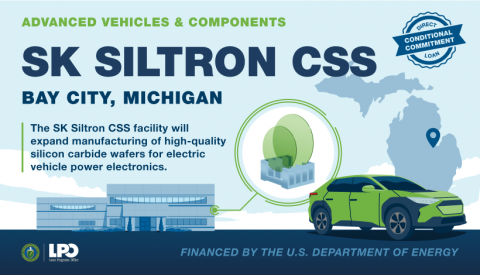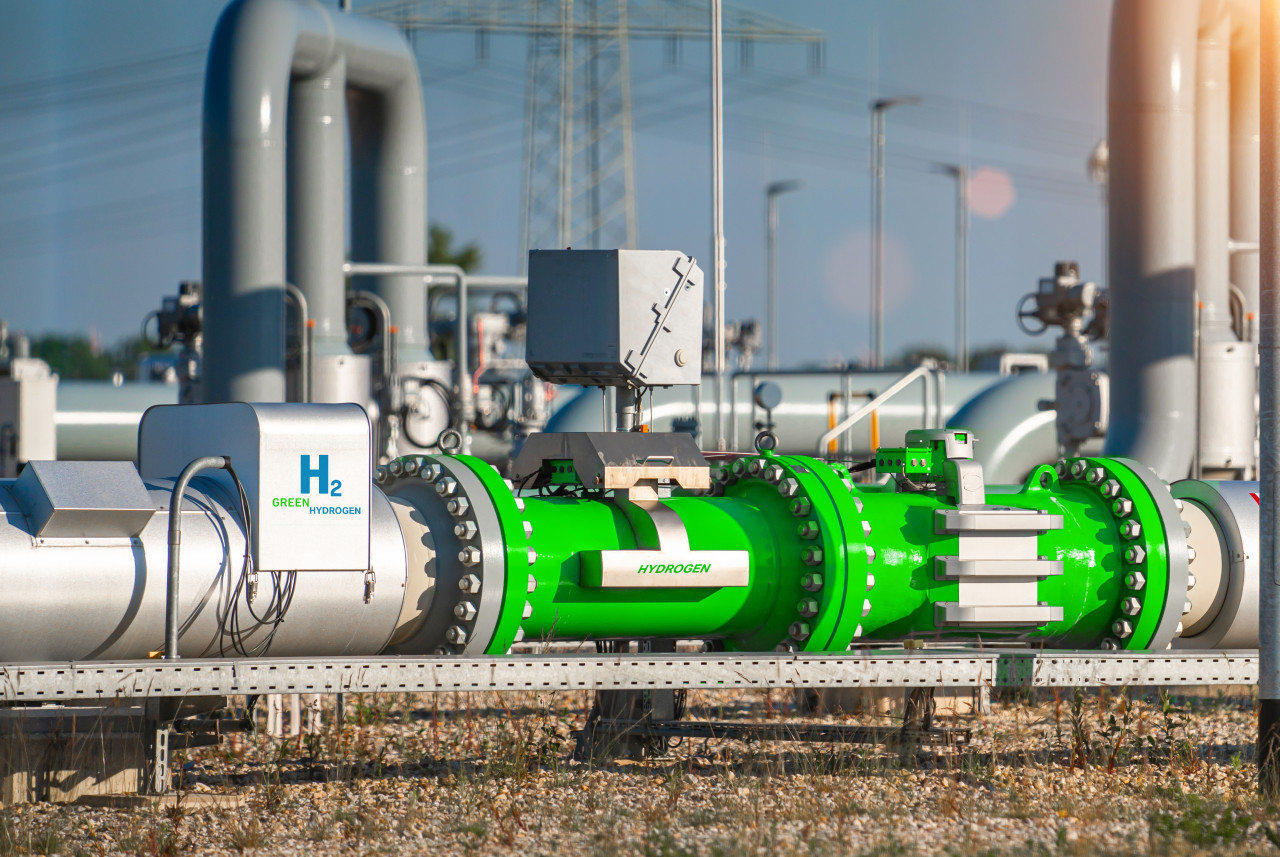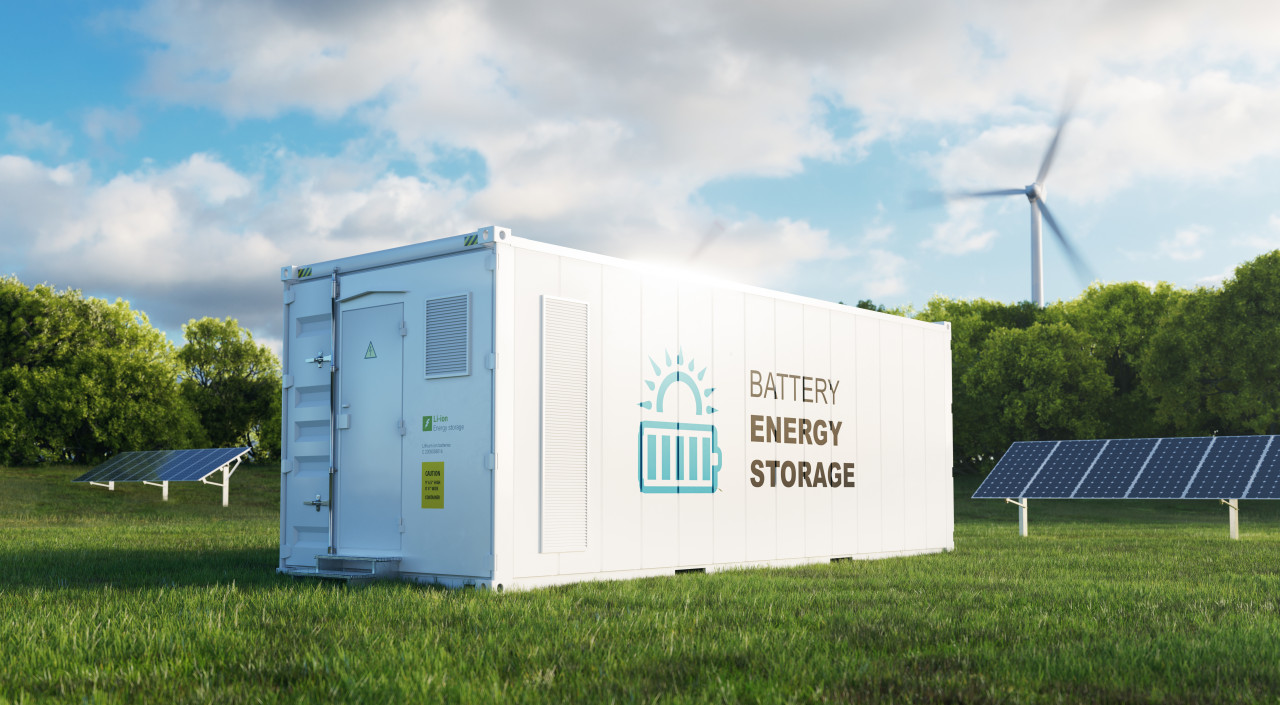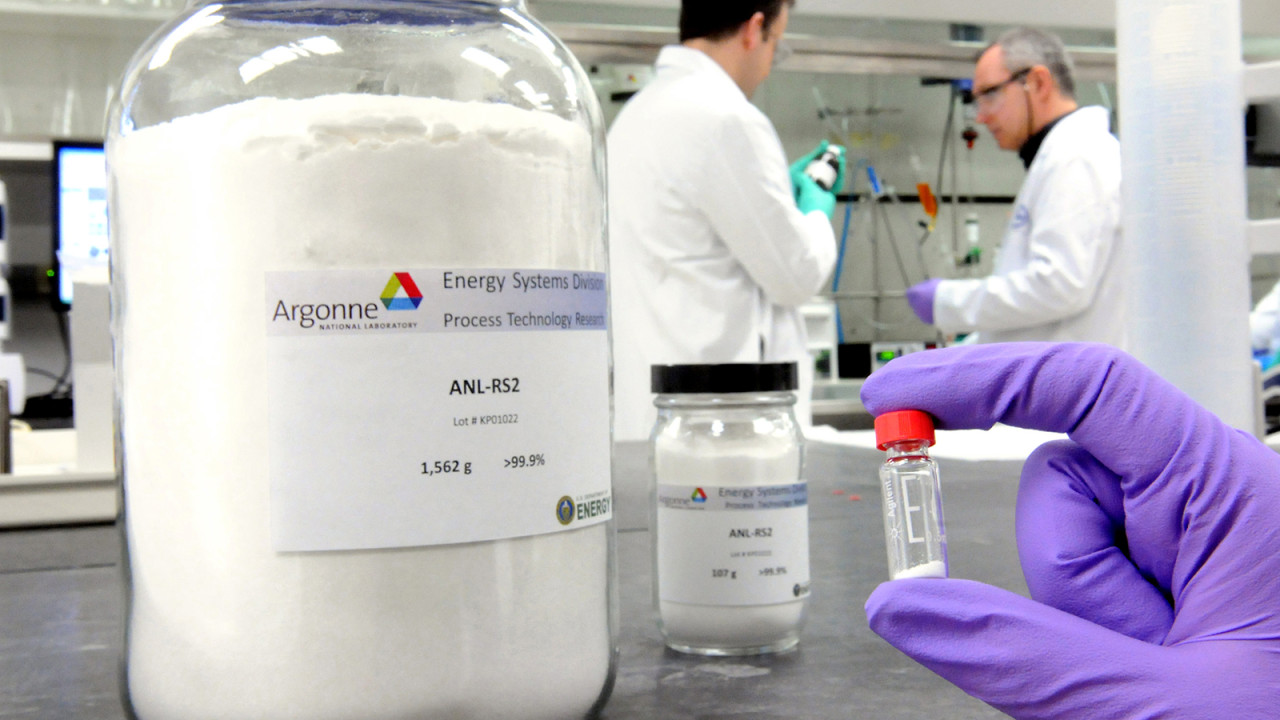US offers $750 mn for 52 green hydrogen projects to boost fuel cell, electrolyzer output and cut costs
The US Department of Energy (DoE) has announced $750 million in assistance for 52 clean (also called green) hydrogen projects across 24 mainland states to help reduce cost of the fuel and support the country's growing industry.
The projects will be funded by the President's Bipartisan Infrastructure Law, and will "help advance electrolysis technologies and improve manufacturing and recycling capabilities for clean hydrogen systems and components", the DoE said in a release.
On completion, the projects are expected to take US fuel cell manufacturing capacity to 14 GW a year, sufficient to power 15 percent of the medium- and heavy-duty trucks sold in the country every year. Electrolyzer manufacturing capacity it forecast to reach 10 GW a year, enough to produce an additional 1.3 million tonnes of green hydrogen annually.
Jennifer Granholm, US Secretary of Energy, said in a statement announcing the funding: "The projects announced today will supercharge US progress and ensure our leadership in clean hydrogen will be felt across the nation for generations to come."
The DoE's release supplies a break-up of the funding released by type of projects, as well as the number of projects selected in that category. These include:
- Low-Cost, High-Throughput Electrolyzer Manufacturing (8 projects, $316 million): Projects will conduct RD&D to enable greater economies of scale through manufacturing innovations, including automated manufacturing processes; design for processability and scale-up; quality control methods to maintain electrolyzer performance; and design for end-of-life recovery and recyclability.
- Electrolyzer Component and Supply Chain Development (10 projects, $81 million): Selected projects will support manufacturing and development of key electrolyzer components, including catalysts, membranes, and porous transport layers.
- Advanced Technology and Component Development (18 projects, $72 million): Projects will demonstrate novel materials, components, and designs for electrolyzers that meet performance, lifetime, and cost metrics. This will help reduce cost and supply chain risks.
- Advanced Manufacturing of Fuel Cell Assemblies and Stacks (5 projects, $150 million): Support high-throughput manufacturing of low-cost fuel cells.
- Fuel Cell Supply Chain Development (10 projects, $82 million): Projects will address critical deficiencies in the US supply chain for fuel cell materials and components and develop technologies that reduce or eliminate the need for "forever chemicals" such as per- and polyfluoroalkyl substances (PFAS).
- Recovery and Recycling Consortium (1 project, $50 million): A consortium of industry, academia, and national labs to create an industry blueprint for recycling, long-term supply chain security and environmental sustainability.
The DoE also emphasized the projects would support the long-term viability of the US's Regional Clean Hydrogen Hubs (H2Hubs) by helping solve technical barriers to cost reduction that cannot be overcome by through increased scale.
"Reaching cost reduction goals will open new markets for clean hydrogen—creating more clean energy jobs, reducing greenhouse gas emissions and harmful air pollution across multiple sectors of the economy, and strengthening America's long-term competitiveness in the global clean energy market," the agency said in its statement.




















